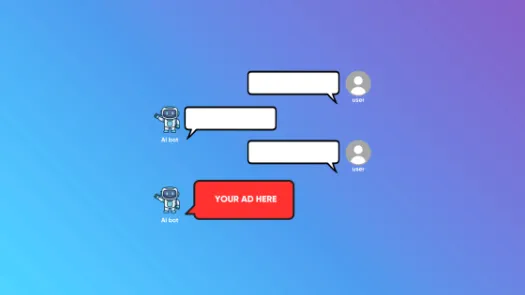Update: Marketing, Maternity, and the data supply chain
Links
More information about how Bounty illegally exploited the data of 14 million mothers and babies: https://pvcy.org/podillegalexploitation
Sign up to our corporate exploitation email list to find out more about our work on brands and the advertising supply chain: https://pvcy.org






